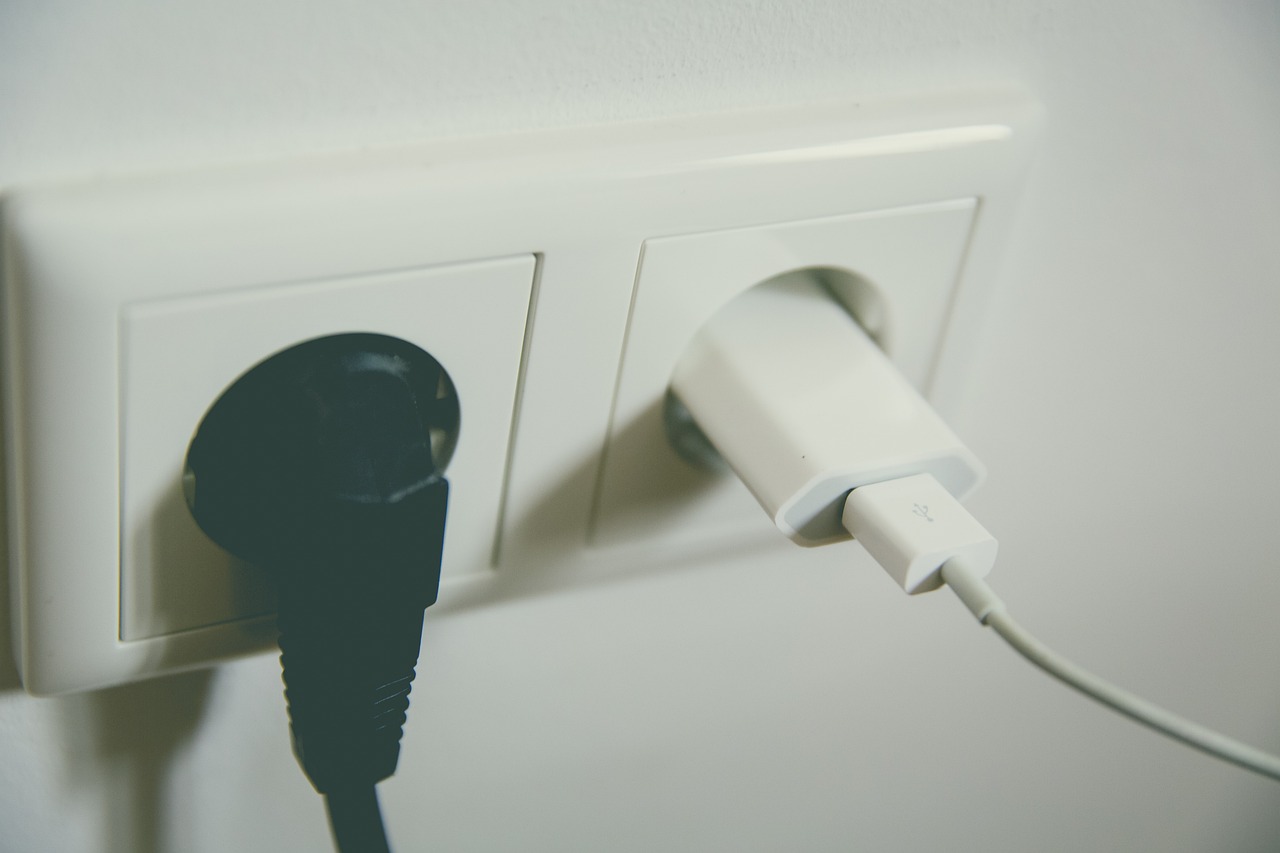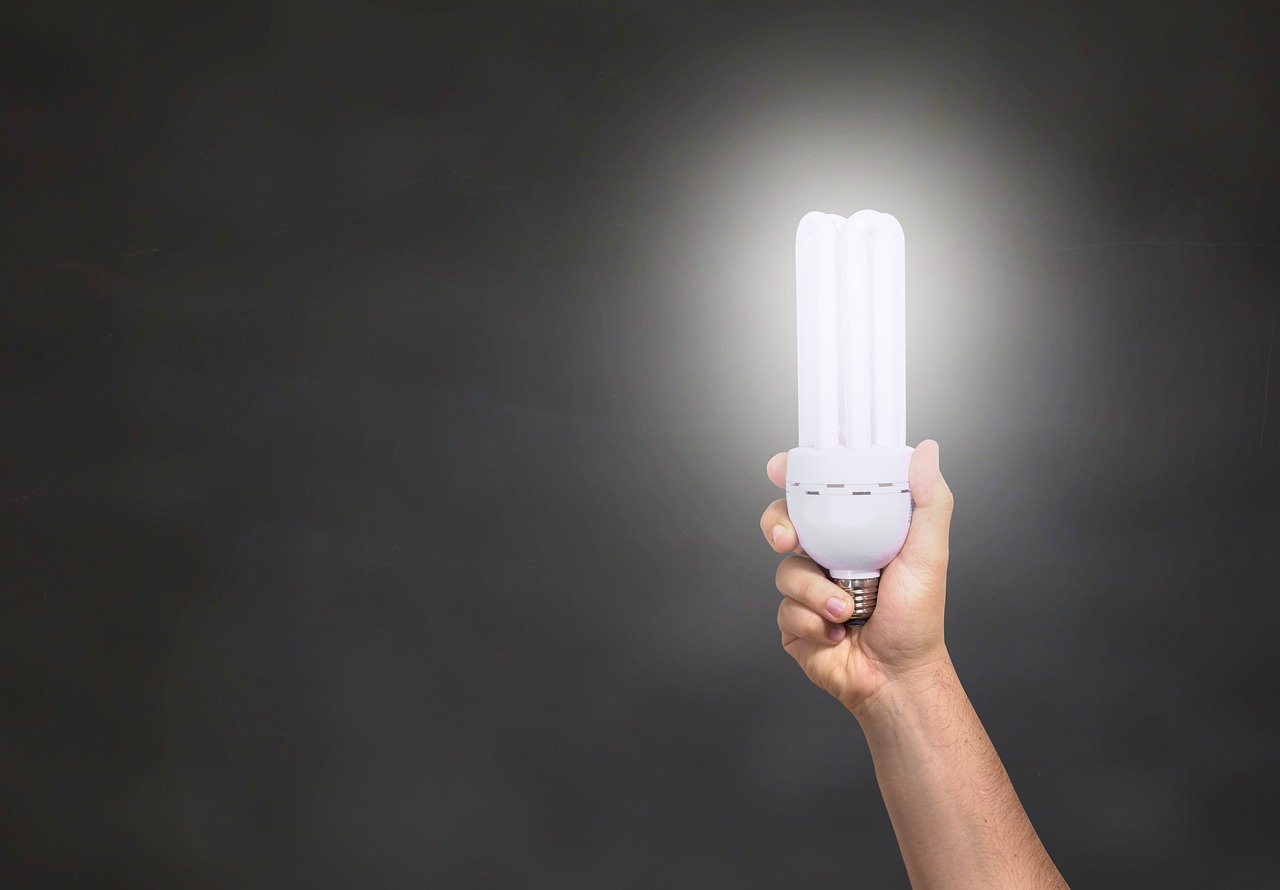What is the most fundamental function of your home? The answer to that question comprises only one word – shelter. But what does shelter actually mean? Basically, it means protection from the prevailing elements of the environment in which you find yourself. In most contexts, it means from the outdoor weather whenever this is uncomfortable or otherwise harmful to human health. And for most Western countries in the wintertime, that outdoor weather is cold, so the home’s most fundamental role is to keep one warm.
In a cold climate, though, this takes energy. And as we are now painfully aware, energy isn’t free. The political developments that have led us here might be complex and controversial, but there is certainly one thing all of us can agree upon – keeping warm in winter is becoming more expensive, and energy-saving tips that help us save money while doing so are now more needed than ever.
It is at times like this that we often learn to prioritize when it comes to energy economy. This goes far beyond just heating the home. This is when we consider the need for winter wear more pressing than saving towards that new car, or when we consider a set of draft excluders a sounder investment than that absorbent granule spill kit for the kitchen. We learn to do without, and to prioritize the important. This is just the reality for the majority of people.
Thankfully, this is not the first time this has happened (and it probably won’t be the last), which means that there has been much wisdom built up (and many tips and tricks) regarding how to keep warm when your energy budget is tight. Much of this advice takes the form of onerous overhauls of your energy habits and infrastructure – either that or plain unworkable or impractical advice.
What we need more than ever are a set of practical tips – able to be implemented by anyone – which can help us keep warm and save energy in the process. Remember, energy saved is money saved.
Wasted Energy
One bright side of the situation is that you might not have to give up as much as you think. Energy wastage alone can be significant in many households. Simply cutting this out can already take you a long way in saving energy that would be better spent keeping you warm when you really need it.
This is then a great place to start. Why cut out something that you’ll miss when you could first save some extra energy by identifying where you are wasting it and simply stopping? Here follows a few ways you are likely to be wasting energy around the home:
Leaving Electronics and Appliances Plugged In
Just because it is not whirring, flashing, beeping, or shining does not mean that it’s using no energy. There are a vast range of devices known to exert a “vampire draw” or “phantom load” on your home’s energy. Standby power is the biggest culprit, with the Department of Energy estimating that items on standby, on average, make up an incredible 10% of a home’s overall energy consumption. Consider unplugging.
Forgetting to Turn the Lights Off
It is such an obvious one, but it’s worth mentioning simply because forgetting to turn the lights off still accounts for a large proportion of a typical home’s energy consumption. Now more than ever, it might be worth disciplining yourself to make savings in this area.
Water Wastage
Water wastage around the home – using the dishwasher when it’s not full, taking extra-long showers, always washing clothes on a high heat, etc. – is nearly always accompanied by energy wastage too. Keeping water heated in a boiler 24/7 is another good example.
Home Heat Loss
Before getting on to a list of practical tips for saving energy and staying warm this winter, it’s wise also to consider the ways in which heat itself is wasted after it has been generated in your home.
A home that conserves heat well will require less energy to stay warm. That will keep your bills down. Very often though, improvement in this area means home renovation (which might be something you would consider worthwhile in the long run.) However, there are also other, much more preventable, ways in which a home loses heat – these you can do something about for free.
Heat is lost through a home’s walls, floors, windows, doors and through the attic and roof. In a typical home, 25% is lost through windows and doors alone. This is a figure you can reduce with the judicious placement of cheap draft excluders, by being sure to open and close doors quickly and be ensuring that all the windows are shut. Remember: wasting heat is wasting energy is wasting money.
Practical Tips for Saving Energy
So, it’s time to scratch the surface of the many practical tips which can help you conserve energy in the wintertime. You might think that many of these are rather insignificant in themselves, but there are many – and by building up a broad repertoire of good habits, you can make significant savings.
One thing you will note is that many of the things you had been doing before, that you can cut out to save energy, were totally unnecessary in the first place.
Dry Your Clothes Naturally
A tumble dryer certainly offers convenience when you need your clothes dried quickly. But by simply altering your wash schedule, you can let clothes dry naturally and still have clean dry clothes when you need them.
The drying function uses a lot of energy for the heat and motion produced. And they also typically run for fairly long periods of the time. By cutting this out, there is a definite saving to be made.
Make Your Own Draft Excluders (Or Buy Cheap Ones)
In many cases, a rolled-up towel works perfectly well as draft excluder around rooms that are not often in use or which have doors opening to the outside of the house.
Use Alternative Means to Keep Warm at Night
You will always need to generate heat to keep warm at night. But simply running your home’s heating all night is far from the most efficient way of doing so. Heated blankets, hot water bottles, and hand warmers are all an investment, but they are more capable of keeping you warm at night. And they are sure to use a lot less energy than turning on your heating. There really is no need to compromise on warmth here.
Consider Natural Fuel
Not everyone has the means of burning wood or coal to heat their home, but with an investment in an open fire or wood burner (there are affordable options) those who can stock up on coal and wood will make serious energy savings on heating their home. If you live somewhere close to natural wood, you also might be able to source your own fuel too.
All these tips are practical ways of conserving energy that should be implementable by most people. There are many more, which only goes to show how much energy we waste every day – and how much we could be saving.









